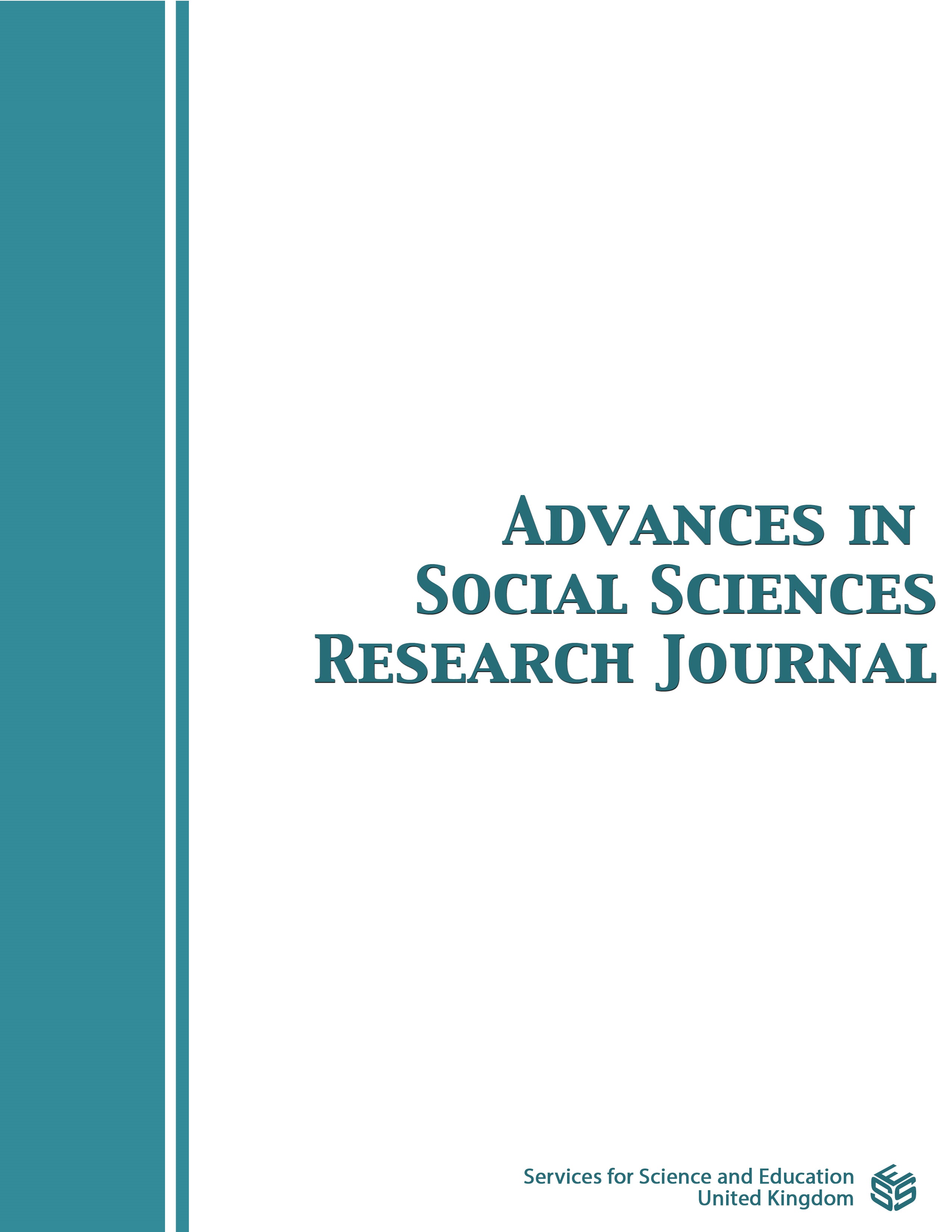A Re-examination of ‘A Predatory West, Africa’s Postcolonial States, International Trade Relations and Underdevelopment in Africa:’ Reechoing Centre-Periphery Issues
DOI:
https://doi.org/10.14738/assrj.1206.18952Keywords:
Predatory, trade, relations, postcolonial, underdevelopment, centre-peripheryAbstract
This article reexamines the international trade relations and division of labour, (in primary and secondary goods), between core Western capitalist and African peripheral capitalist states; incarnated by David Ricardo’s politico-economic Comparative Advantage Theory; arguing that, these relations are skewed against Africans, given Africans’ despondent peripheral capitalist positioning. Herein, the West dictates cheap trade mechanisms upon Africa’s primary goods. Later, the West exorbitantly sell secondary goods, produced from Africans’ primary goods. In this process, the West gets richer, while Africans get impoverished. Whereas, in international relations, states being the key actors, fashion societal development or underdevelopment in societies. Nonetheless, the prevailing centre-periphery relations, shape African states’ debilities, even with decades of self-rules. Today, like yesterday, African states exhibit traumatising underdevelopment, incarnated by unappealing political, social, economic infrastructures, which exacerbate citizens’ governance apathy; while enhancing unimaginable wretchedness in insecurity, hunger, poverty, diseases, conflicts and fragmentation of nationalities. Using the historical research methodology, Prebisch’s (1949) Dependency Theory and Wallenstein’s (1970) Modern World Systems, I dismiss Ricardo’s comparative advantage thesis, because, it is an imperial construct in centre-periphery relations for fragilising and annihilating Africans’ economies. Conclusively, I advocate for Africans’ unwavering reawakening and disciplined nationalism against this despondent peripheral capitalism, because, it perpetuates Africans’ underdevelopment.
Downloads
Published
How to Cite
Issue
Section
License
Copyright (c) 2025 Peter Sakwe Masumbe

This work is licensed under a Creative Commons Attribution 4.0 International License.
Authors wishing to include figures, tables, or text passages that have already been published elsewhere are required to obtain permission from the copyright owner(s) for both the print and online format and to include evidence that such permission has been granted when submitting their papers. Any material received without such evidence will be assumed to originate from the authors.






